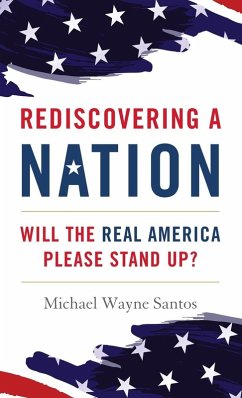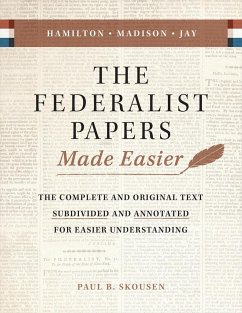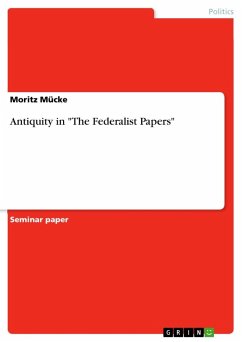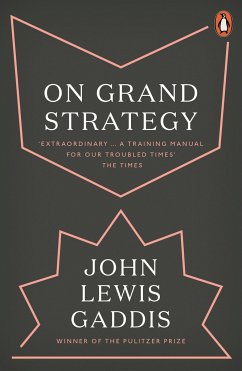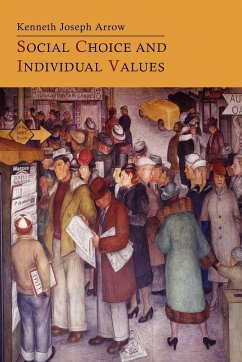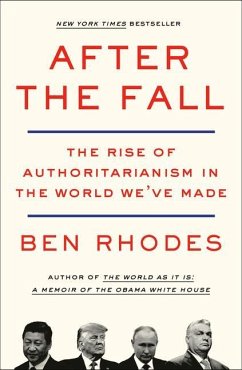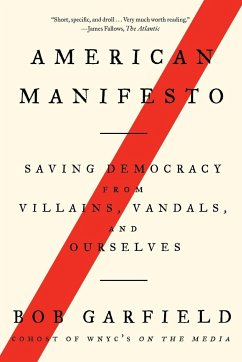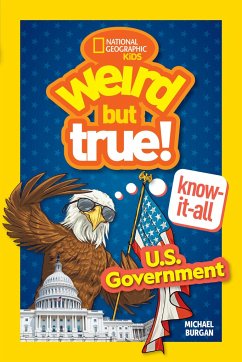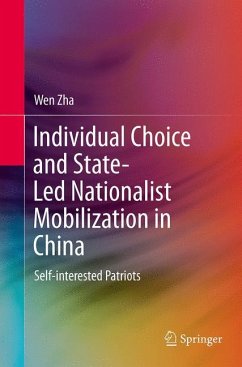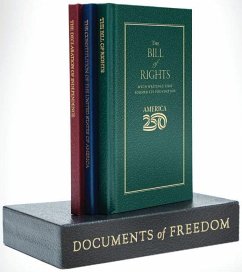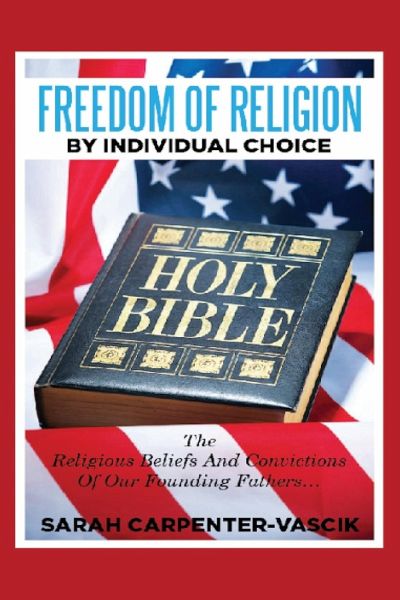
Freedom of Religion by Individual Choice
Versandkostenfrei!
Versandfertig in 1-2 Wochen
17,99 €
inkl. MwSt.
Weitere Ausgaben:

PAYBACK Punkte
9 °P sammeln!
We often hear that America's Founding Fathers were deeply religious, but were they really? Was America meant to have a state sponsored religion, or did they believe that all Americans have the right to worship and observe and practice their religion their way. The Founding Fathers were from a time when many European Countries had state or national religions and as these men observed and learned about the conditions that citizens lived under, they came away with a deep understanding of what it meant as they set out to build a new country from the ground up. This work looks closely at what these...
We often hear that America's Founding Fathers were deeply religious, but were they really? Was America meant to have a state sponsored religion, or did they believe that all Americans have the right to worship and observe and practice their religion their way. The Founding Fathers were from a time when many European Countries had state or national religions and as these men observed and learned about the conditions that citizens lived under, they came away with a deep understanding of what it meant as they set out to build a new country from the ground up. This work looks closely at what these men thought and said about organized religion by making use of letters, papers and documents written in their own hand, to help the reader better understand why the country was founded without a national religion.



